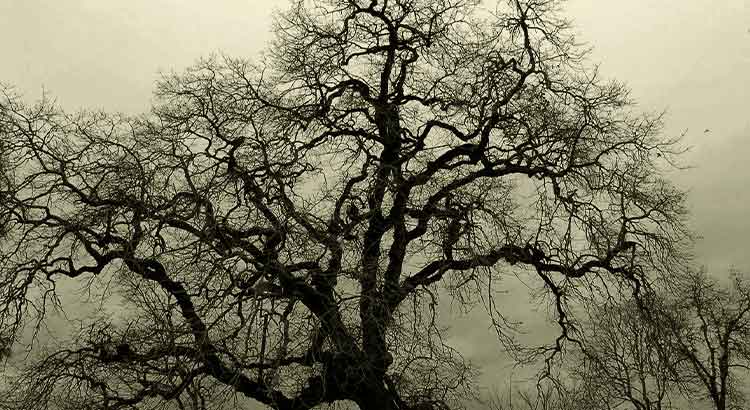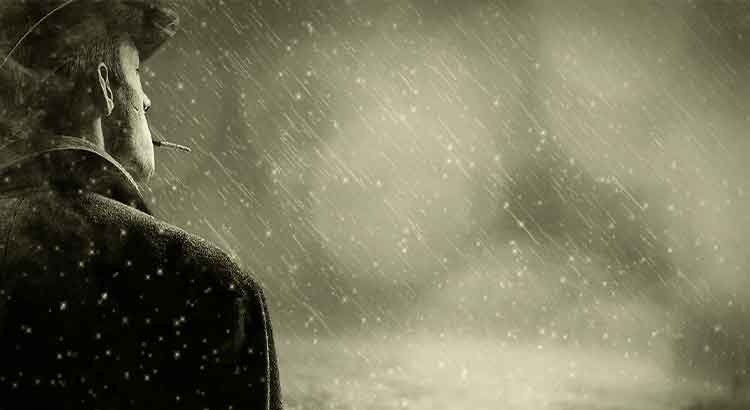I believe it was Hegel who said that “one learns from history that man never learns from it.” Unquestionable truth. But only the symptom of a bigger problem. The human being lives in a vegetative state, although sometimes it seems the opposite. It is not only the lessons of history that he is incapable of grasping, but reality itself. Rationally, living seems an impossibility. If the human being reasoned and used the judgment he thinks to dispose to assimilate his existence, he would immediately put himself on the curb crying. But that is not what happens. It is necessary for a close friend, for a relative to die for him to awakens from the vegetative state and reason something like “it could have been me.” However, the impulse is fleeting: the consciousness awakens and, immediately afterward, puts itself once again into a heavy sleep. Then the being returns to his usual state, in evidence of the vicious character of his judgment. It is incredible! This seems to be an adaptive psychological mechanism, that is, if not plunged into deep unconsciousness, who would move a single straw? Would they build the Titanic, if they knew its end? And of life, the end is very clear… But we are already rambling. “One learns from history that man does not learn from it”: man, the being who ignores everything, the smiling blind being. And it seems the same mental programming that demands numbness to justify from individual stupidity to the collective foolishness of a world that, for more than half a century, has not faced a great war…
____________
Read more:



